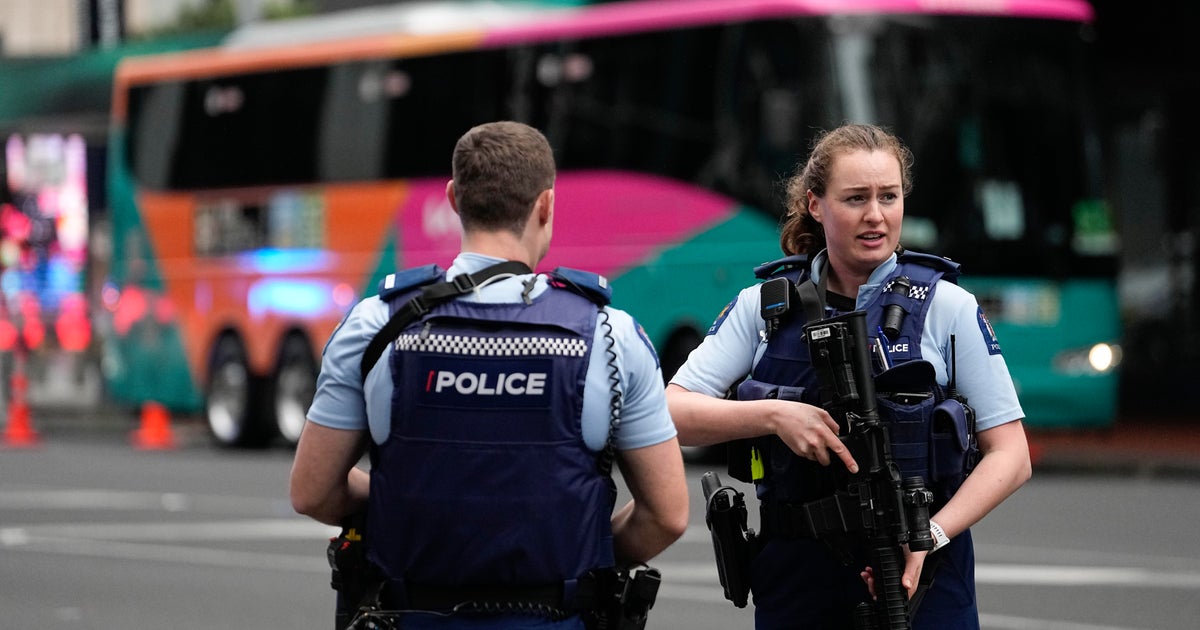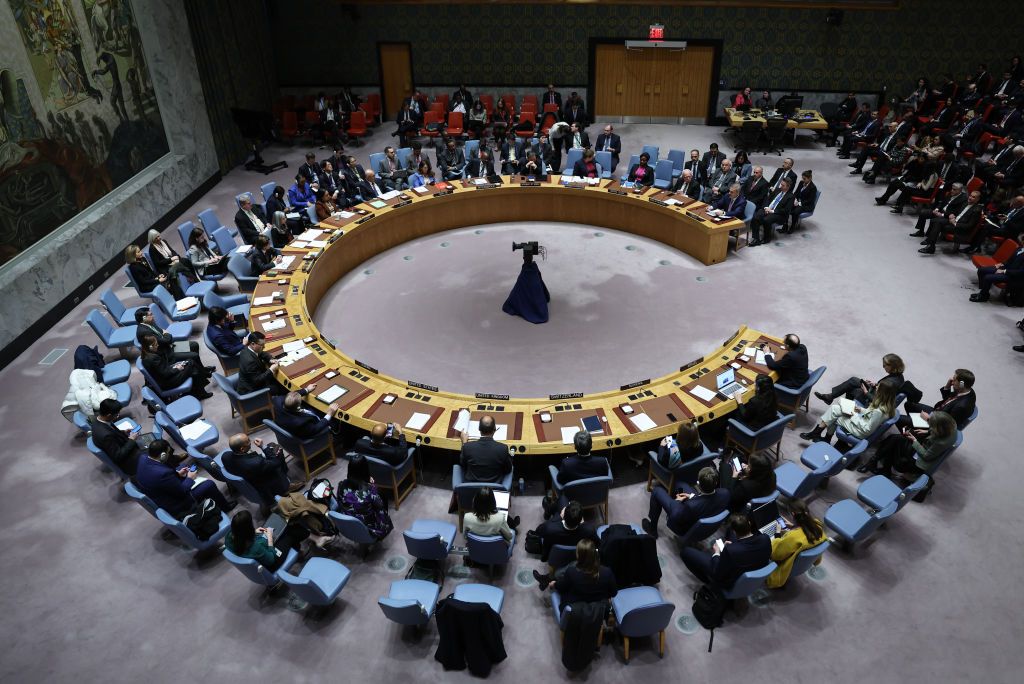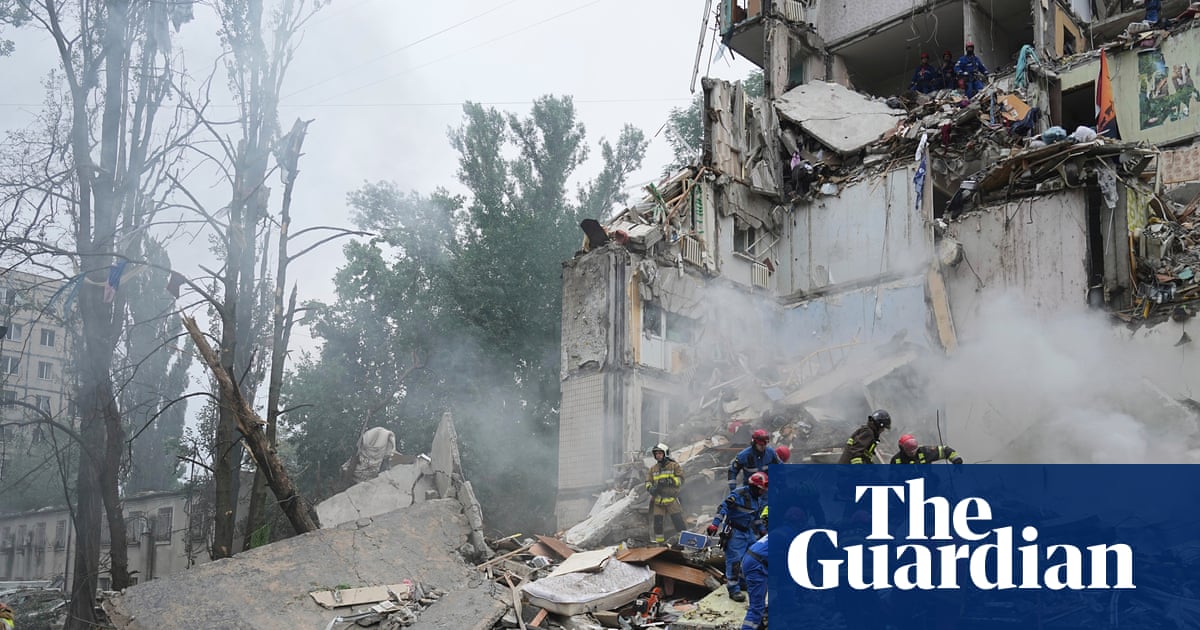Greta Thunberg Joins Freedom Flotilla in Attempt to Break Gaza Blockade
A boat from the Freedom Flotilla Coalition has set sail once again in a bold effort to breach the long-standing Israeli blockade of Gaza and deliver essential aid to the embattled territory. This latest mission features prominent climate activist Greta Thunberg aboard the vessel named Madleen, who firmly believes in the necessity of the movement's perseverance despite the inherent dangers involved.
The Freedom Flotilla Coalition has engaged in repeated attempts over the past 15 years to navigate boats laden with humanitarian aid and medical supplies into Gaza. This area has been subject to a maritime blockade imposed by Israel since 2007, a measure Israel justifies as necessary to counter threats posed by Hamas. Thunberg, known for her environmental activism, emphasized the need for continued efforts to raise international awareness about the ongoing humanitarian crisis in the region.
Former flotilla crew member Michael Coleman, who participated in a similar mission in 2011, remarked on the acute awareness among current participants regarding the significant risks they face. Historical precedents reveal that previous attempts have often met with interception by Israeli forces, bureaucratic hurdles, or, as seen in more recent missions, aggressive actions such as drone strikes. Coleman shared harrowing details of his past experience, recalling how Israeli naval forces boarded their boat using water cannons and tasers, leading to his detention in an Israeli prison for a week.
The most recent attempt by the flotilla occurred earlier this month when the ship Conscience reported being struck by drones while situated 13 nautical miles east of Malta. This incident resulted in damage to the vessel and loss of power, prompting the coalition to accuse Israel of orchestrating the attack, although Israeli officials have remained silent on the matter. The Freedom Flotilla Coalition spokesperson expressed concern, questioning why humanitarian vessels would be targeted while carrying aid to a conflict-ridden area.
The blockade of Gaza has remained in place since Hamas came to power in 2007, with Israel asserting that these restrictions are essential for its national security. Since the outbreak of renewed hostilities in October 2023, the entry of goods and humanitarian aid into Gaza has become even more restricted. The United Nations has characterized the situation in Gaza as the direst it has been in the aftermath of the recent conflict, with limited aid deliveries resuming under intense international pressure.
In a notable incident from the past, the Freedom Flotilla garnered global attention in 2010 when an Israeli raid on a convoy of ships led to the deaths of nine pro-Palestinian activists. This mission attempted to deliver approximately 10,000 tonnes of humanitarian supplies but ended tragically when Israeli forces intervened in international waters. The Israeli government labeled the entire operation a provocation linked to terrorist organizations.
In subsequent years, there have been numerous other attempts to breach the blockade, with varying degrees of success. Coleman recounted how bureaucratic obstacles thwarted an intended mission in 2011 and how another ship was intercepted earlier that year, forcing them away from Gaza's shores. In 2015, the Freedom Flotilla III featured four vessels and included activists, journalists, and public figures from 17 different countries. However, it too was met with Israeli intervention and was redirected away from its destination.
As of 2024, another attempt by a humanitarian aid flotilla faced complications after Guinea Bissau withdrew its flag from the vessels. Surya McEwen, an Australian participant in the current mission, acknowledged the myriad of challenges flotillas encounter when trying to reach Gaza, noting that they often face bureaucratic and military obstacles. Despite these difficulties, McEwen stressed that such missions are critical not only for delivering aid but also for symbolically supporting the Palestinian people.
Thunberg, alongside other notable figures like Game of Thrones actor Liam Cunningham and French politician Rima Hassan, is determined to make this voyage impactful. Before their departure, she expressed her belief that it is imperative to maintain their efforts in the face of adversity. Emphasizing the urgency of the situation, Thunberg stated, “We are doing this because, no matter what odds we are against, we have to keep trying.” Her emotional plea resonated with many, highlighting the human cost of the ongoing conflict.
The activists aboard the Madleen anticipate a journey of about seven days, during which they hope to arrive at Gaza’s shores. Coleman noted that even if this particular mission does not succeed in delivering aid, it will still serve to elevate global awareness regarding the critical issues facing Gaza, stating, “It’s been 80 days now that there’s been any aid to the strip and the stories out of it are truly heartbreaking.” With such statements, the urgency of the situation in Gaza continues to be at the forefront of international discourse, as calls for action and solidarity become more pressing amidst the ongoing crisis.

























